Keywords: Indigenous Voice To Parliament
-
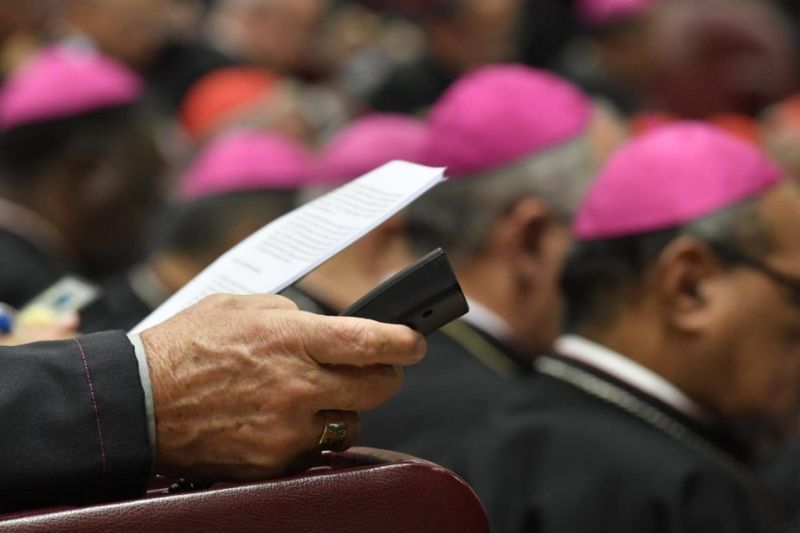
RELIGION
- John Warhurst
- 18 October 2023
9 Comments
This month we navigate the dual milestones of a failed constitutional referendum and the First Assembly of the Synod of Bishops. Seemingly disparate, these events converge in debates over tradition, leadership, and discourse. Their outcomes promise to shape the nation's spiritual and secular contours for generations.
READ MORE
-
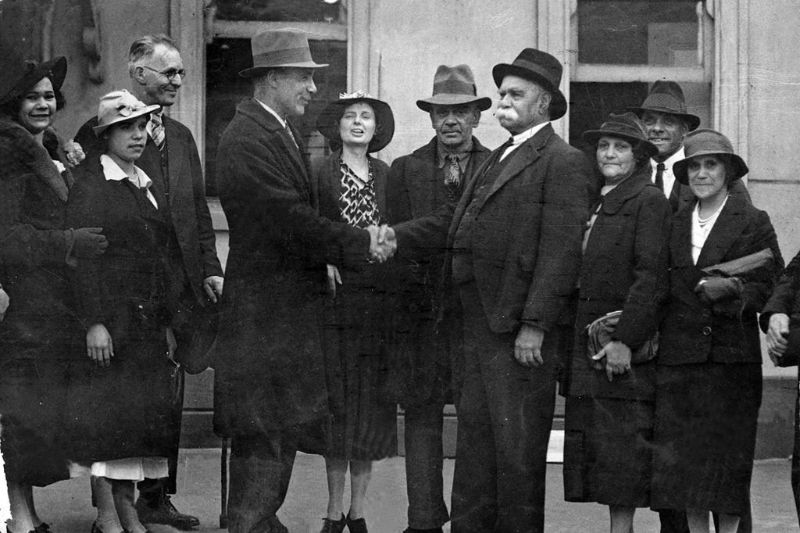
AUSTRALIA
- David Halliday
- 13 October 2023
This vote will be remembered as an opportunity for Australians to grapple with the injustices of history, and imagine a more just way forward. My hope is that each person voting will have done just that – and whether they vote ‘yes’ or ‘no’, that they are making their vote bearing in mind what they think will best reconcile our nation’s past and look forward to a more just future.
READ MORE
-

AUSTRALIA
- Andrew Hamilton
- 04 October 2023
4 Comments
An examination of school reading lists and libraries unveils striking parallels with the debates and concerns surrounding the Referendum, highlighting the pervasive societal anxieties and the intricate interplay of national identity and values, and the ongoing need for empathy.
READ MORE
-

AUSTRALIA
- Andrew Hamilton
- 19 September 2023
In our data-driven age, numbers shape perceptions, often shadowing reality. But should they define our entire understanding? Perhaps it's time to occasionally detach from the numerical deluge and truly value the essence of what and who matter.
READ MORE 
-

RELIGION
- John Warhurst
- 14 September 2023
46 Comments
As the Voice Referendum campaign intensifies, many Catholic groups rally behind the Voice. But Australia's church leaders remain above the fray, maintaining neutral positions. As the lines between faith, politics, and indigenous rights blur, should the bishops be more prescriptive on how to vote?
READ MORE
-
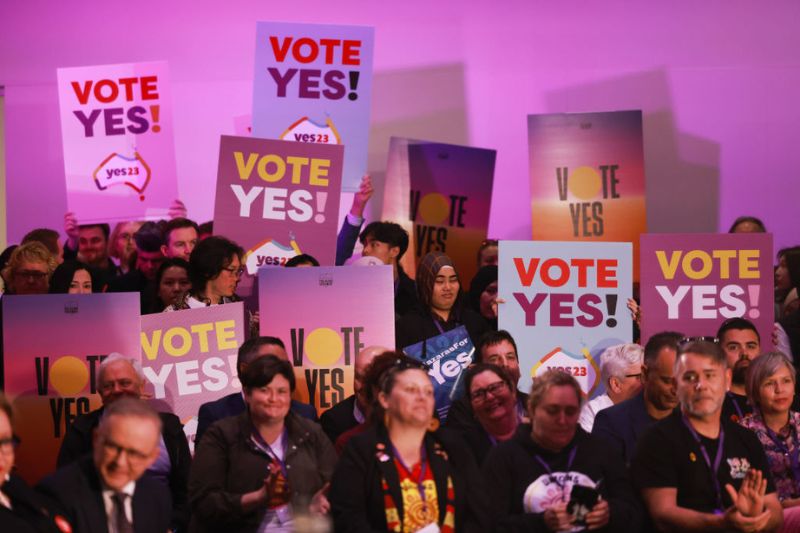
AUSTRALIA
- Frank Brennan
- 01 September 2023
14 Comments
As Australia approaches a pivotal referendum, voters face a critical choice: endorse a new chapter in the Constitution providing a 'First Nations Voice' or leave it untouched. Whichever way the vote goes, we will be left with a Constitution not fit for purpose in the 21st century.
READ MORE
-
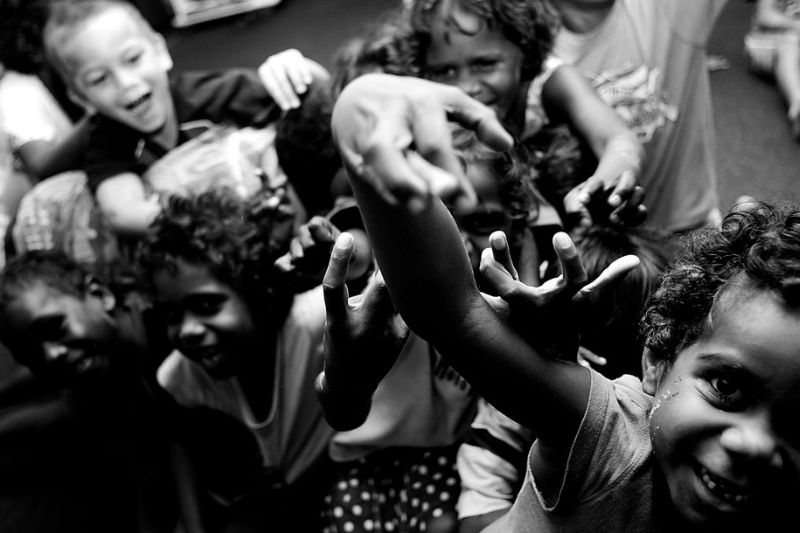
AUSTRALIA
- Brian McCoy
- 30 August 2023
16 Comments
The Kimberley region stands as a testament to both the enduring spirit of Australia's Aboriginal communities and the shadows of colonisation. As the Referendum looms, the potential for a united Voice beckons, inviting Australia towards a harmonious future.
READ MORE
-
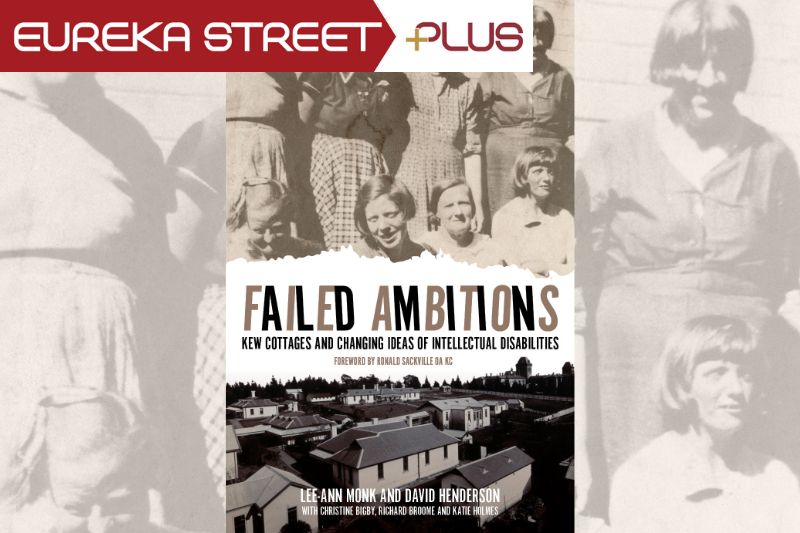
ARTS AND CULTURE
- Andrew Hamilton
- 25 August 2023
1 Comment
Failed Ambitions offers a complex exploration into the history of institutions for individuals with mental illnesses and intellectual disabilities. The book addresses the evolution of attitudes towards these communities, highlighting ongoing struggles with public stigma, systemic neglect, and the importance of giving voice to marginalised individuals.
READ MORE 
-
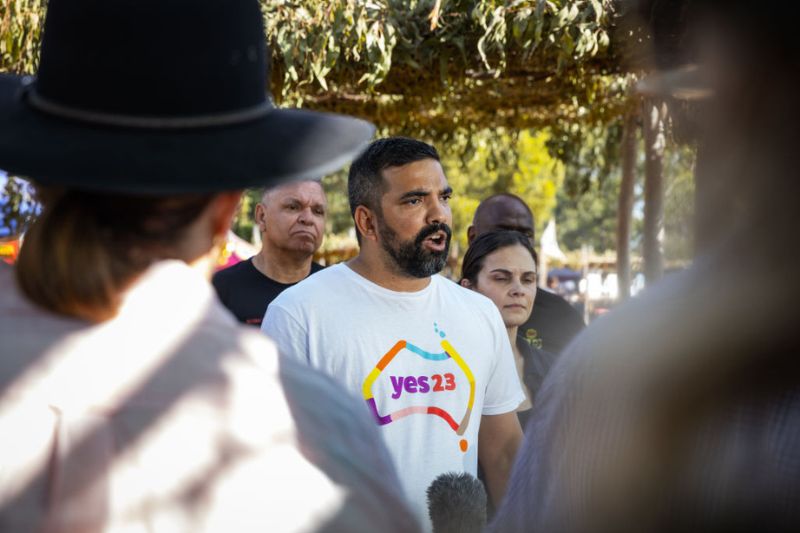
FAITH DOING JUSTICE
- Andrew Hamilton
- 21 August 2023
10 Comments
The Catholic Bishops Justice Statement, timed with an impending Referendum on the Voice to Parliament, scrutinizes the ties between Aboriginal and Torres Strait Islander peoples and other Australians. Crafted alongside the National Aboriginal and Torres Strait Islander Catholic Council, it underscores the urgency of deepened engagement through listening, learning, and love, advocating for Indigenous justice and healing.
READ MORE
-
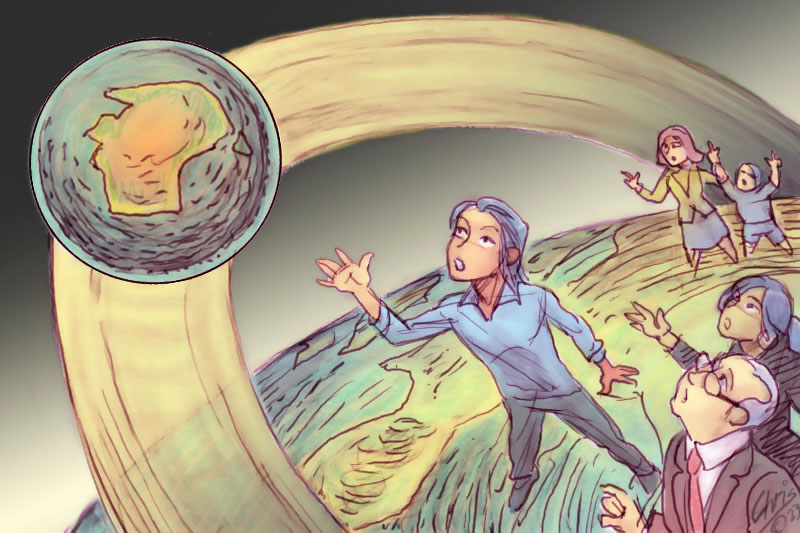
AUSTRALIA
- Daniel Gregory
- 10 August 2023
6 Comments
The upcoming Voice referendum in Australia will be a defining moment for the nation. However, Australians living overseas indefinitely are unable to participate, raising questions about the true boundaries of democratic participation.
READ MORE
-

ARTS AND CULTURE
- Barry Gittins
- 14 July 2023
2 Comments
Kate Holden’s The Winter Road is a ranging meditation on a 2014 execution-style murder committed on a dirt track in Croppa Creek, in northwest NSW. Barry Gittins speaks to Kate Holden about her prize-winning account of the crime, reminding readers of the uneasy history of predation in this country and the damage it does to the land and to the people on it.
READ MORE 
-

AUSTRALIA
- Andrew Hamilton
- 29 June 2023
2 Comments
In the face of waning support for the Referendum on the Indigenous Voice to Parliament, Pope Francis' mission of reconciliation within the Catholic Church, particularly through the Synodal process, inspires a more united and locally-engaged approach.
READ MORE